2009-11-12 17:56
Maersk Line to re-join Trans-Pacific Stabilization Agreement
Market conditions prompt container shipping line to participate in research and discussion forum.
Charlotte, North Carolina (November 9, 2009) - Maersk Line has decided to apply for membership in the Trans-Pacific Stabilization Agreement (TSA) after a five year absence. With Maersk Line's acceptance, there will be 15 members of this research and discussion forum made up of major ocean shipping lines that carry cargo between Asia and the U.S. The decision to re-join the TSA comes after the trans-Pacific trade has incurred industry loses estimated to be 3 billion USD or more.
"Five years ago, the market conditions were vastly different than they are today," said Lars Mikael Jensen, Vice President Pacific Trade, Network and Product, Maersk Line. "Maersk Line is convinced that restoring profitability long-term is needed in the marketplace and has demonstrated market leadership in this regard. It is imperative that service levels involving vessel capacity and string frequency across the Pacific do not suffer as a result of continued rate deterioration," he continued. "The purpose of Maersk Line's participation in the TSA is to develop a platform that allows customers and carriers to find stability for years to come, avoiding the gross fluctuations of 2009. This business must be managed for long-term health and a return to profitable and sustainable operations."
Many factors have impacted rates. These include decreased volumes, fuel price volatility and excess capacity. Maersk Line has taken drastic steps throughout the year and made numerous adjustments to services, routes, port calls and staff. With those changes, Maersk Line has been able to offer reliable and stable services despite global economic challenges. Most trans-Pacific carriers are operating at a loss.
To overcome the challenges facing the industry, it is crucial to build a cohesive relationship with shippers. The market remains extremely fragile; continued rate declines could result in far-reaching and possibly permanent implications for global trade, including fewer services.<Korea Shipping Gazette>
Charlotte, North Carolina (November 9, 2009) - Maersk Line has decided to apply for membership in the Trans-Pacific Stabilization Agreement (TSA) after a five year absence. With Maersk Line's acceptance, there will be 15 members of this research and discussion forum made up of major ocean shipping lines that carry cargo between Asia and the U.S. The decision to re-join the TSA comes after the trans-Pacific trade has incurred industry loses estimated to be 3 billion USD or more.
"Five years ago, the market conditions were vastly different than they are today," said Lars Mikael Jensen, Vice President Pacific Trade, Network and Product, Maersk Line. "Maersk Line is convinced that restoring profitability long-term is needed in the marketplace and has demonstrated market leadership in this regard. It is imperative that service levels involving vessel capacity and string frequency across the Pacific do not suffer as a result of continued rate deterioration," he continued. "The purpose of Maersk Line's participation in the TSA is to develop a platform that allows customers and carriers to find stability for years to come, avoiding the gross fluctuations of 2009. This business must be managed for long-term health and a return to profitable and sustainable operations."
Many factors have impacted rates. These include decreased volumes, fuel price volatility and excess capacity. Maersk Line has taken drastic steps throughout the year and made numerous adjustments to services, routes, port calls and staff. With those changes, Maersk Line has been able to offer reliable and stable services despite global economic challenges. Most trans-Pacific carriers are operating at a loss.
To overcome the challenges facing the industry, it is crucial to build a cohesive relationship with shippers. The market remains extremely fragile; continued rate declines could result in far-reaching and possibly permanent implications for global trade, including fewer services.<Korea Shipping Gazette>
많이 본 기사
- BDI 1072포인트…중대형선 시장서 물동량 호조세해양환경공단, 전기로 가는 하이브리드 예방선 신조‘중앙亞 수출길’ 철도-해운 복합운송 시범사업 완료새해새소망/ CMA-CGM코리아 장혜진 대리“K-조선 초격차 원년” 수출입은행, 선박금융에 12조 지원고려대 바다최고위 과정 제7기 3월 개설새해새소망/ 남성해운 일본영업팀 이충광 팀장인천공항, 티웨이항공 정비시설 유치…첨단복합항공단지 시동인천항서 새해 첫 크루즈 출항…관광객 약 2000명 승선판례/ “세금을 내라구요?”
- 울산항만공사, 안전보건방침 선포…5대 방침 마련새해새소망/ 한국해양진흥공사 김경태 과장새해새소망/ 페어허브물류 장수진 본부장새해새소망/ 주성씨앤에어 김정상 부사장새해새소망/ 동방선박 이종범 부장새해새소망/ AIT월드와이드로지스틱스 최동철 상무새해새소망/ 한국해양수산개발원 김민수 본부장연안선박 현대화 이차보전사업 사업자 공모스위스 MSC, 내달 가동 신규서비스 선적예약 시작인사/ 협운그룹
스케줄 많이 검색한 항구












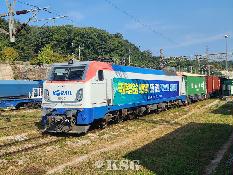
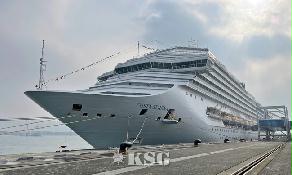
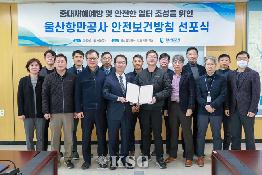
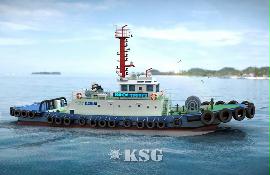
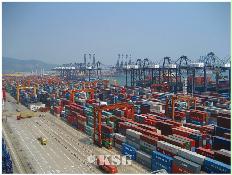


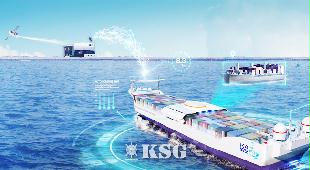




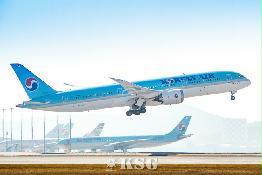
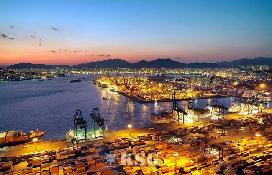


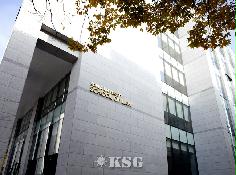









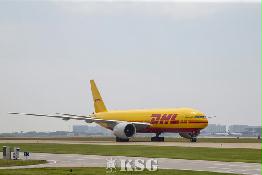
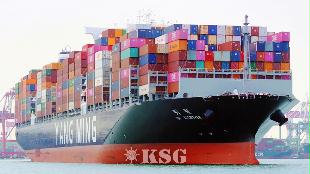

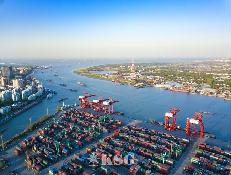
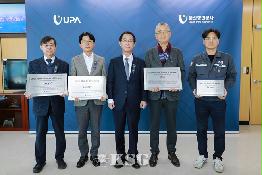






















0/250
확인